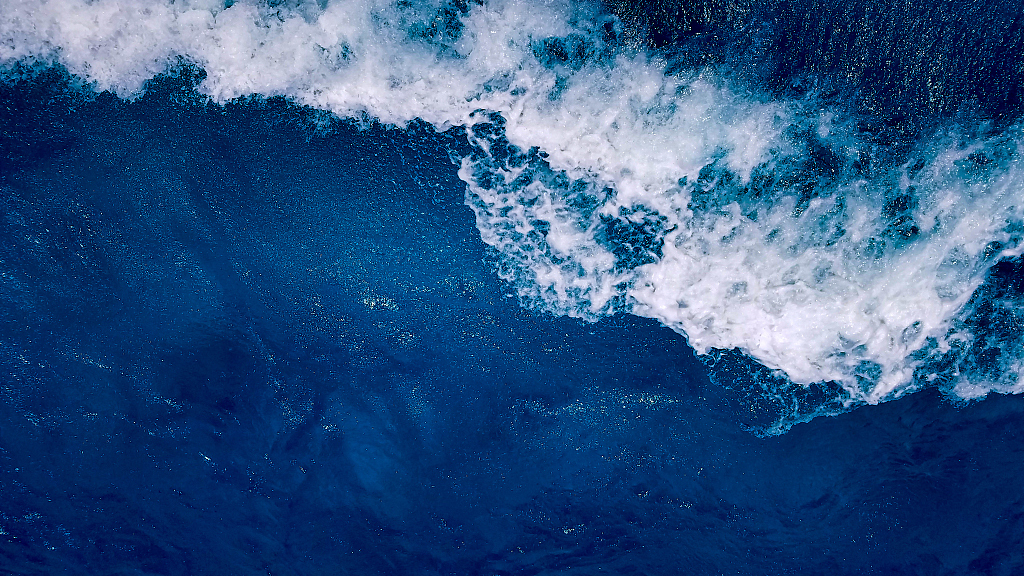A team of scientists at the University of Technology Sydney (UTS) in Australia has discovered a new microbe species with the ability to absorb carbon naturally, presenting a new tiny ally in the fight against climate change.
The discovery of the single-celled marine microbe, Prorocentrum cf. balticum, was revealed with a paper published in the Nature Communications journal on Monday.
"This is an entirely new species, never before described in this amount of detail," said Martina Doblin, senior author of the study.
It showed that the microbe was capable of photosynthesis, and it releases carbon-rich excrement which would trap other microbes before sinking to the seafloor, functioning as a "biological carbon pump."
The marine biological carbon pump is a combination of processes absorbing carbon from the atmosphere through the cycling of organic matter that after sinking to the bottom of the ocean are sequestered for thousands of years.
"The implication is that there's potentially more carbon sinking in the ocean than we currently think, and that there is perhaps greater potential for the ocean to capture more carbon naturally," said Doblin.

A team of Australian scientists from UTS has discovered a new microbe species with the ability to absorb carbon naturally, presenting a new tiny ally in the fight against climate change. /VCG
A team of Australian scientists from UTS has discovered a new microbe species with the ability to absorb carbon naturally, presenting a new tiny ally in the fight against climate change. /VCG
The researchers estimated, based on studies off the coast from Sydney, the newly discovered species has the potential to absorb 0.02-0.15 gigatons of carbon globally each year.
To meet future climate goals, it is estimated that 10 gigatons of carbon dioxide would need to be removed from the atmosphere every year until 2050.
While many other processes and microbes are involved in the process of marine carbon sequestration, including phytoplankton, Prorocentrum cf. balticum has unique resistance to acidification and warming of the ocean.
Lead author of the study and marine biologist from UTS, Michaela Larsson, said that their resilience to global warming would aid natural carbon capture into the future, but more research would need to be done if to directly utilize them.
"At this stage, there is limited potential for this process to be manipulated to help our efforts to meet climate goals, we need to do some important research before large-scale mass cultivation could be considered."
(If you want to contribute and have specific expertise, please contact us at nature@cgtn.com.)
Source(s): Xinhua News Agency

